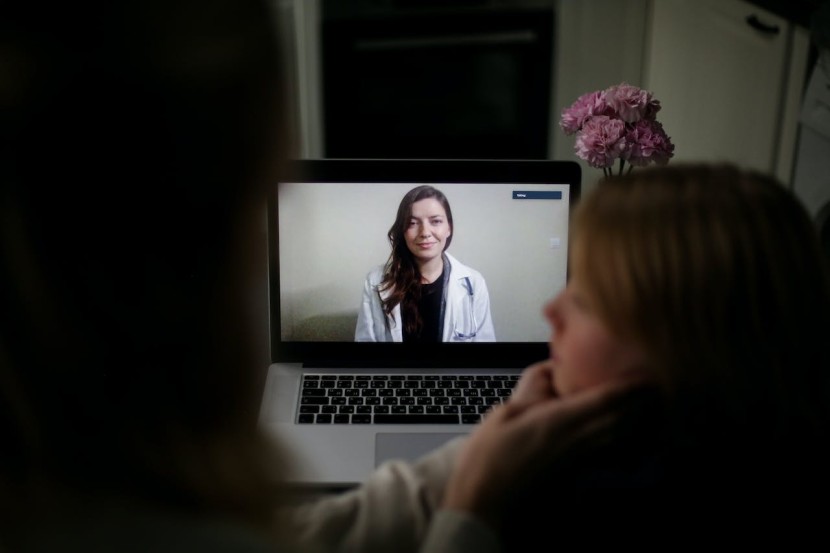As the prevalence of mental health issues among young people in the United States continues to rise in the modern age of technology, more and more schools are implementing telehealth treatment programs.
An investigation by the AP News shows that internet therapy sessions are now available to millions of children in at least 16 of the 20 biggest public school districts in the US. More than $70 million worth of supplier contracts had been signed by schools in those districts alone.
The expansion of this trend is indicative of a new, very profitable industry that has emerged in response to the mental health epidemic among American adolescents. In fact, venture capitalists are pouring money into a slew of school teletherapy startups. However, a number of authorities have voiced worries over the quality of care provided by rapidly expanding technology firms.
On the other hand, educators are claiming that teletherapy is helping many students and filling a huge need, especially as schools deal with shortages of in-person practitioners. It has made treatment more accessible, particularly to schools in remote areas and children from lower-income families.

More Accessible
According to Trish Wilson, the supervisor of counselors for the Lancaster district in California, the school system's 13,000 students face the same problem as many others: a shortage of qualified mental health professionals.
As reported by ABC News, Wilson said that due to therapists' heavy caseloads, sending pupils for urgent treatment is not feasible. Virtual sessions may be arranged by students in a matter of days. Since launching the online therapy service, the Lancaster district has sent over 325 pupils to over 800 sessions.
After experiencing difficulties with emotions like depression, isolation, academic pressure, and anxiety, students and their parents sought help via teletherapy. A lot of people had a terrible time going back to regular schooling after taking classes online. Anger, lack of social skills, and broken friendships were all symptoms of a more serious problem.
A number of schools are using funds allocated for government pandemic relief initiatives to address the increasing rates of adolescent depression, anxiety, and suicide, which experts have expressed concern about. Public education systems are increasingly entering into agreements with commercial businesses. Still, others collaborate with community organizations, governmental initiatives, or local healthcare professionals.
Also Read : Tennessee Implements School Choice Policy Statewide, Expands Educational Opportunities for Students
Potential Risks
Mental health professionals much appreciate the additional help, but they warn of possible dangers. School psychologists and counselors are in high demand, but they are difficult to fill due to rising wages and increased competition from telehealth services.
Doreen Hogans, supervisor of school counseling in Prince George's County, Maryland, said that 20% of school counselors who resigned had opted for the more flexible schedules offered by teletherapy.
Some are concerned about the therapists' credentials, their background working with kids, and the corporations' privacy policies in light of the fast expansion of these businesses.








